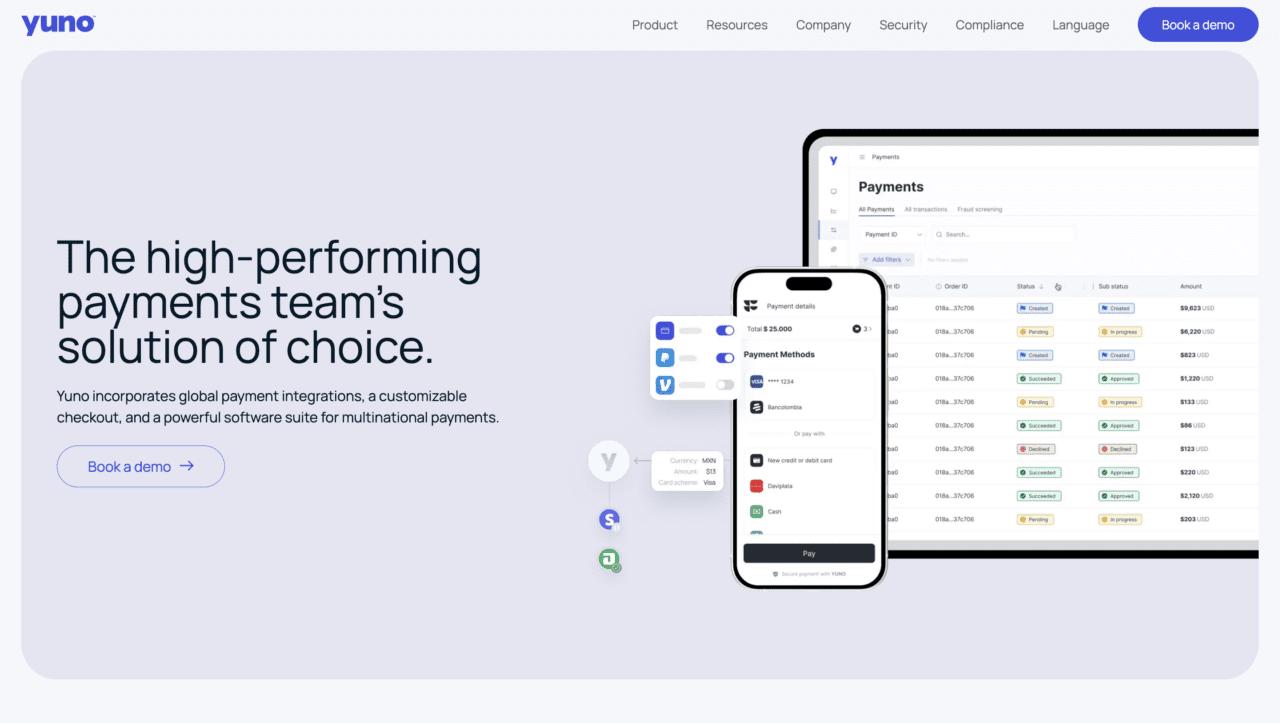
- Funding search engine Fundica announced a collaboration with Visa last week.
- The partnership will make it easier for entrepreneurs to access government funding.
- Headquartered in Montreal, Quebec, Canada, Fundica made its Finovate debut last year at FinovateSpring 2023.
A newly announced collaboration between North American funding search engine Fundica and Visa will democratize the process of securing government funding for SMEs, especially those founded and led by members of underrepresented communities. Together Fundica and Visa will offer an intelligent solution that helps SMEs and entrepreneurs find relevant government funding and private sector grants based on their individual business’ needs and goals.
“We are thrilled to be working with Visa to further democratize access to government funding for small businesses across North America,” Fundica co-founder and CEO Mike Lee said. “Visa and Fundica are both deeply committed to fostering accessibility and inclusion in business communities – making this collaboration a great fit.”
Fundica’s platform enables small businesses to identify and apply for relevant government and private sector funding, while giving financial institutions the ability to promote inclusion and serve as a more comprehensive financial advisor to its SME clients. The technology aggregates data from tens of thousands of funding programs, leveraging strategies from discovery and tracking bots to funders, collaboration partners, and its own internal research team.
The search experience for the business customer is straightforward; companies enter basic information about their business and Fundica displays appropriate funding options in order of relevance. The solution presents each opportunity in a detailed, one-page summary, making it easy for business customers to confirm their suitability for the funding and to begin the application process. Funding sources include grants, tax credits, government loans and loan guarantees from federal, state, provincial, and municipal entities – as well as the private sector.
On the backend, FIs can see the profiles of the companies looking for funding and make informed connections with qualified leads and clients. The platform also enables institutions to identify key business behavioral trends. Some of the largest FIs in North America license Fundica’s AI-powered funding search engine to help them acquire and retain business customers.
Headquartered in Montreal, Quebec, Canada, and founded in 2017, Fundica made its Finovate debut at FinovateSpring 2023. At the conference, Fundica’s Lee demonstrated new enhancements to the platform’s front- and back-ends. These enhancements included a traffic augmentation solution, improved traffic conversion, and improved user engagement.
A Finovate alum for more than a decade, Visa made its Finovate debut at FinovateSpring 2010 in San Francisco. The company is also an alum of our developers conference, participating in FinDEVr Silicon Valley in 2014.
Interested in demoing at FinovateSpring in San Francisco in May? We are happy to read applications from innovative companies with new solutions that are ready to show. Visit our FinovateSpring hub today to learn more.












